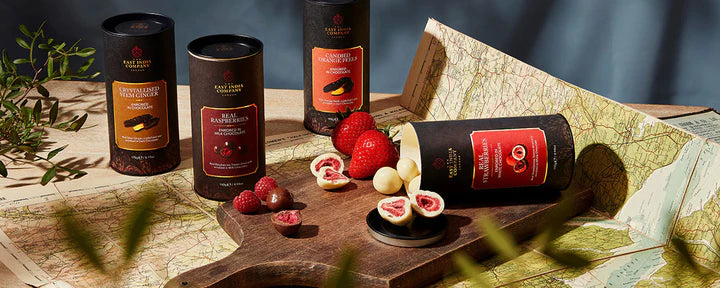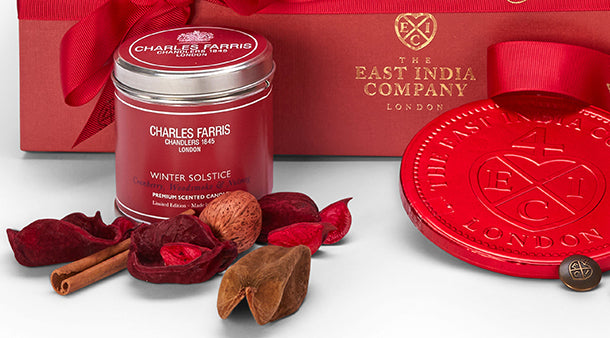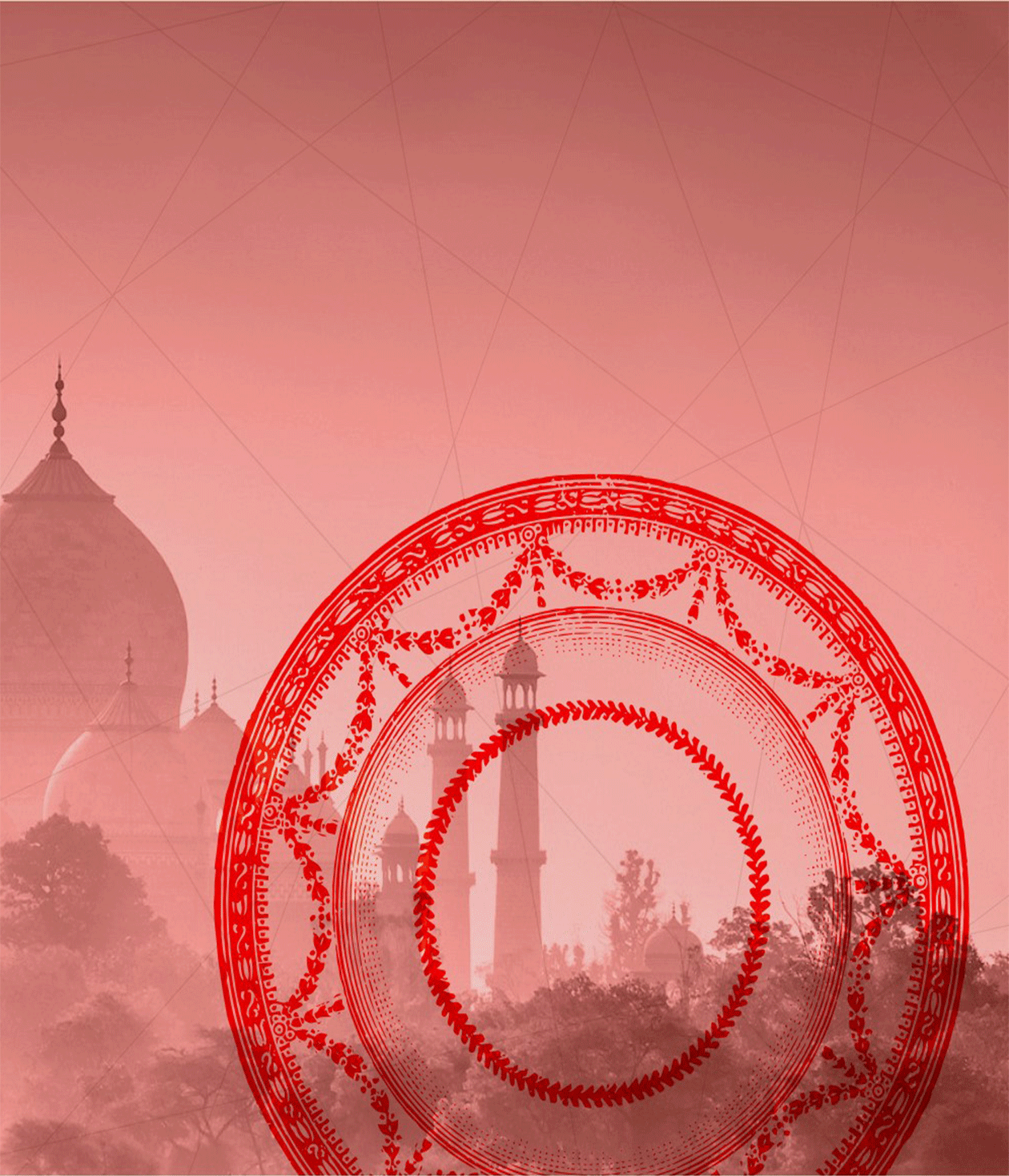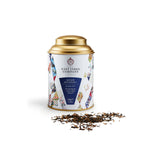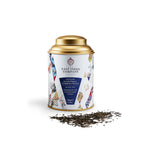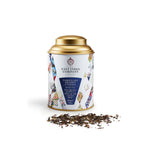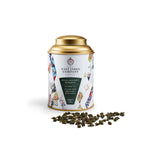Stories
The Biscuit - from Hardtack to Sea Salt & Caramel
Biscuits date back much further and like much else, it was the Romans who created the ‘panis bicoctus,’ or bread twice baked, to create a food that could be stored. Richard the Lionheart took stores of ‘biskits’ on his crusade ships and in the Armada battle of 1588, each sailor had biscuits included within their diet.
It was Samuel Pepys, famous diarist but also naval administrator, who introduced victualising, the planning and rationing of food supplies at sea. Rations included "1 lb daily of good, clean, sweet, sound, well-baked and well-conditioned wheaten biscuit (plus a gallon of beer!)". Ships of The East India Company routinely received 8 months rations for their long voyages.
We celebrate the heritage of the humble biscuit, a truly critical ingredient in the success of The East India Company. Pepys’ description as ‘sweet, sound and well-baked’ still sounds relevant today, but our artisans in British and French bakeries now elevate that to a fine art using wonderful new ingredients, like our Seville Orange Marmalade or Caramel and Sea Salt Biscuits.
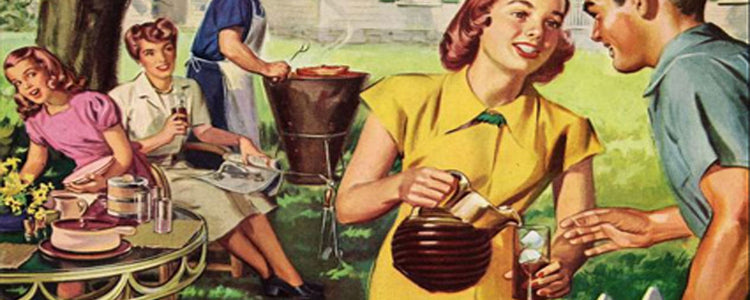
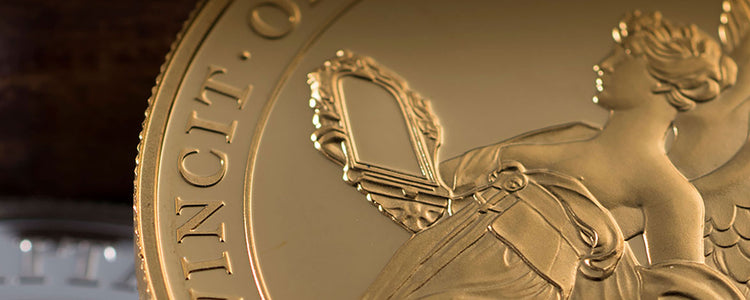
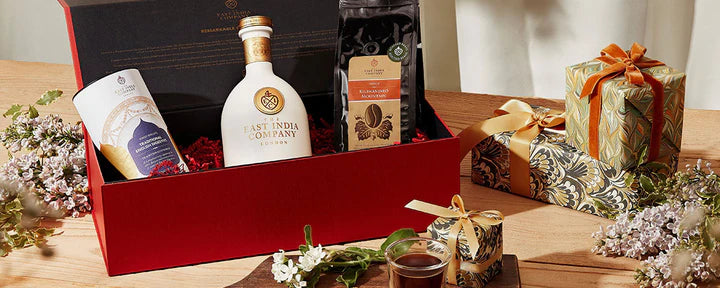
 Ceylon / Sri Lanka
Ceylon / Sri Lanka Assam, India
Assam, India Japan
Japan Taiwan
Taiwan Nepal
Nepal China
China Kenya
Kenya Egypt
Egypt South Africa
South Africa